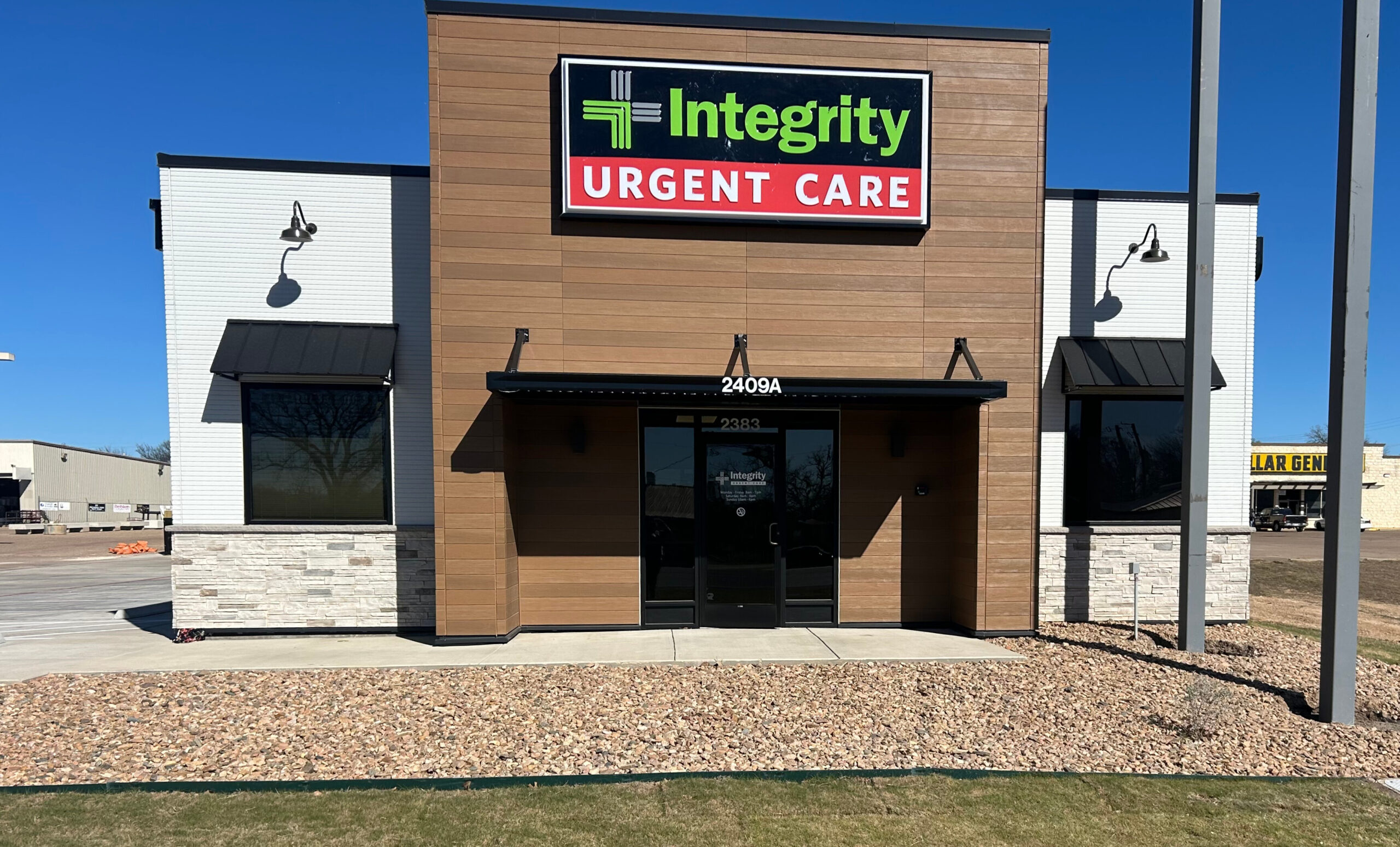“The foundation of good health is the same no matter your age!” Our last blog focused on simple ways everyone can improve their health, but now we focus on the health of women. For many women, taking care of themselves becomes an afterthought. They spend time and energy taking care of everyone and everything at every phase of life – children, spouses, parents, coworkers, even pets – everyone but themselves. Women need to be reminded of the need to also care for themselves.
Women also have unique health issues, especially related to pregnancy, menopause, and conditions of the female reproductive organs. The same health problems can also affect men and women differently. For example,
- Women are more likely than men to die of heart attacks.
- Women are more likely than men to have depression and anxiety.
- Women are more likely to have urinary tract problems and the effects of sexually transmitted diseases can be more serious is women.
- Osteoarthritis affects more women than men.
At any age, all women can focus on many of the same priorities for healthy living:
- Be active – try to get some amount of exercise daily.
- Eat healthy, including lots of fruits and vegetables.
- Have regular checkups with your healthcare provider, including the health screenings suggested for different age groups. A well-woman visit is an important way to stay healthy and includes a full checkup and focuses on preventive care. Most insurance plans cover well-woman visits.
- Take care of your mental health. Simple things like taking time to smell the roses – literally – taking time to talk or listen to friends, or reading a good book have immeasurable benefits.
- Get plenty of sleep. At least 7-8 hours is recommended for adults.
- Don’t take unnecessary risks, such as texting while driving and drinking too much alcohol. Wear a helmet when riding a bike, wear appropriate protective gear for sports, and always wear a seatbelt.
Here are some additional tips being your healthiest self in each decade of life:
In your 20s: Do not use illegal drugs or misuse prescription drugs. Reach and maintain a healthy weight. Take 400-800 grams of folic acid daily (premenopausal women). Talk to your doctor or healthcare provider if planning to become pregnant in the next year or about the right birth control and ask about the need for a Pap smear. (Note: girls should have their first gynecological visit between age 13 and 15.)
In your 30s: Including the above, talk with your healthcare provider about any relevant family health history, especially of cancer. Ask about the need for any tests or vaccines, including HPV, HIV, hepatitis, chicken pox, measles, mumps, and rubella.
In your 40s: Including the above, talk with your healthcare provider about yearly mammograms and any perimenopausal symptoms.
In your 50s: Including the above, talk with your healthcare provider about menopausal symptoms, possible use of low-dosage aspirin, the risk of lung cancer (if 55 and older if you smoke now or have quit within the past 15 years), mammograms, and screening tests for colorectal cancer and osteoporosis.
In your 60s: Make sure regular physical activity includes aerobic activity and exercises to improve balance and strengthen muscles, being sure to discuss with your healthcare provider any conditions that may limit your ability to do physical activity. Begin to discuss who will make health care decisions if you become unable to. Shingles vaccines are recommended beginning at age 60.
In your 70s: Be aware of recommendations for various health screenings based on age, family history, and clinical status. The following screenings are recommended into the 70s: colorectal cancer, cholesterol, mammogram, and diabetes.
In your 80s: As you age, be sure to continue discussions with a healthcare provider about your personalized prevention plan to prevent disease and/or disability based on current health and history. Keep as active as possible, maintain regular blood pressure checks, and get flu and pneumonia shots annually.
In your 90s: You’ve made it this far, so you’re doing a lot of things right! Keep up the good work, talk to your healthcare provider about any concerns, and continue to enjoy every day you have!
Integrity Urgent Care is here to support you in your endeavors to live life to the fullest and healthiest throughout the decades. Contact us today for information on our preventive care services as well as for those times when you’re not feeling your best. Each of our four locations accepts most insurance plans and we’re here every day from 8 am to 8 pm.
Resources:
Freeman J. Celebrate Women’s Health Month by caring for yourself. National Women’s Health Resource Center, Inc. HealthyWomen.org. 2019. [accessed 10 Apr 2019]. https://www.healthywomen.org/content/blog-entry/celebrate-womens-health-month-caring-yourself
National Library of Medicine: Health Topics: Women’s Health. MedlinePlus [online]. Last updated 8 Apr 2019 [accessed 10 Apr 2019]. https://medlineplus.gov/womenshealth.html
Office of Women’s Health, US Department of Health & Human Services. Healthy living by age [online]. Last updated 1 Apr 2019 [accessed 10 Apr 2019]. https://www.womenshealth.gov/healthy-living-age
For more information:
National Library of Medicine. Health Topics: Women. MedlinePlus [online]. Last updated 15 Nov 2016 [accessed 10 Apr 2019]. https://medlineplus.gov/women.html



